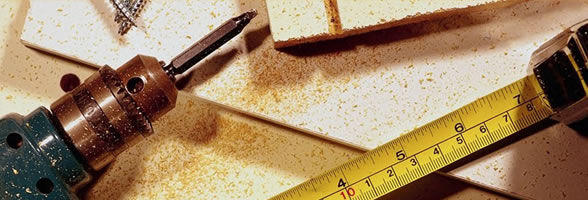
An improved method of surgical pathology testing for onychomycosis

Surgical pathology testing for onychomycosis using periodic acid–Schiff staining is the “gold standard.” However, routine histopathological methods of processing nail clippings can be limited by poor section quality, higher costs, and delayed turnaround times for some specimens because of tissue hardness. We investigated the utility of sodium hydroxide (NaOH) pretreatment of nail specimens submitted for the histopathologic evaluation of onychomycosis. We report our validation of a sodium hydroxide (NaOH) pretreatment protocol during a 7-month study period from 2009-2010. Nail clippings (n = 45) were divided into NaOH-treated and routine processing halves and submitted in separate tissue blocks for parallel processing, embedding, sectioning, and staining for hematoxylin-eosin and periodic acid–Schiff. Histologic sections were scored for section quality and statistical analysis performed.
NaOH pretreatment yielded higher quality sections for both hematoxylin-eosin–stained (P < .001) and periodic acid Schiff–stained (P < .001) slides with reduced tissue folding and fragmentation, improved ease of cutting, and adherence of the tissue to glass slides. Direct comparison of the proposed NaOH pretreatment protocol with other pretreatment techniques was not performed.
Conclusion
NaOH pretreatment of nails submitted for a clinical suspicion of onychomycosis is a simple, rapid, and easily adopted method that leads to improved tissue section quality for optimal histopathologic evaluation and diagnosis. Improved tissue sections and adherence to glass slides can reduce the need for repeat sections, thereby reducing costs and preventing delays in turnaround time.
